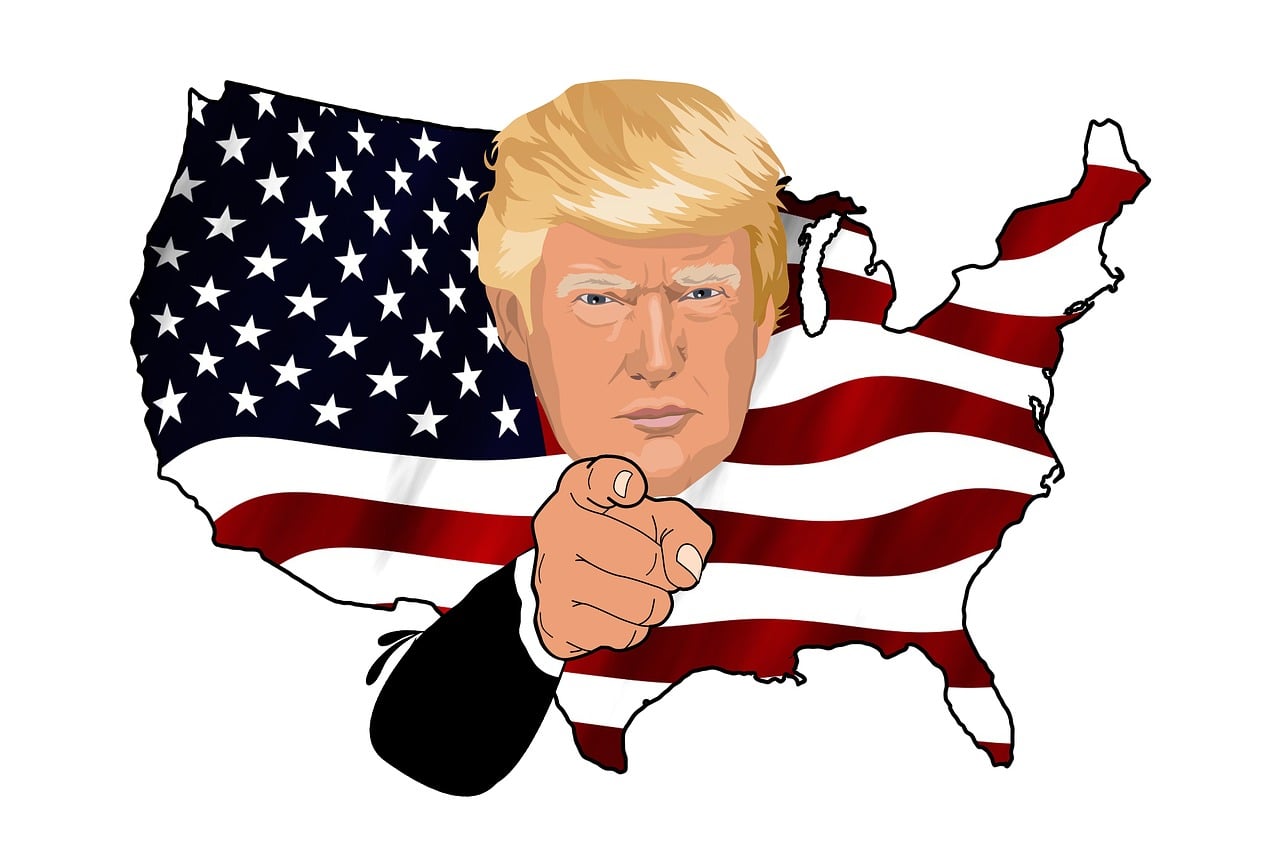Impeachment Resolution Contains Little-Noticed Poison Pill Regarding The Ability To Question Witnesses; New, Perhaps Better, Way To Secure Documents, and Witnesses Told Not to Testify
WASHINGTON, D.C. (November 1, 2019) – Although most attention focused on a House resolution to govern what President Donald Trump described as a hunt for witches – and ironically adopted on Halloween – another different resolution, likewise designed to specify procedures to be followed during the impeachment inquiry, contained a little-noticed provision known in financial and legal worlds as a “poison pill,” claims public interest law professor John Banzhaf.
Q3 2019 hedge fund letters, conferences and more
A "poison pill" is defined as a provision designed to prevent or discourage attacks, often by diluting the attacker's power, explains Banzhaf, and it could be used to stymie what appears to be one of the President's most important tactics - stalling for time by refusing to cooperate.
Call or question witnesses
Here, faced with the President's stated refusal to cooperate in any way with the House's impeachment inquiry, the provision would permit the chairman of the Judiciary Committee to punish the President if he declined to provide documents which were demanded, or refused to permit persons called before the committees to testify.
More specifically, Section F of the Judiciary Committee's Impeachment Inquiry Procedures provides: "Should the President unlawfully refuse to make witnesses available for testimony to, or to produce documents requested by, the [various different] investigative committees . . . the chair shall have the discretion to impose appropriate remedies, including by denying specific requests by the President or his counsel under these procedures to call or question witnesses."
Since, unlike other portions of the written procedures which expressly permit a chairman's rulings to be appealed to the entire committee, no such remedy is provided here, it appears that the chair will have unreviewable "discretion" to determine by himself if the President's action is "unlawful," and to impose virtually any sanctions he wishes.
This is especially important since the President has already ordered some persons called to testify not to comply, and to refuse subpoenas and other demands for documents needed by the inquiry, claiming executive privilege, attorney-client privilege, and even an immunity from investigations.
Under this provision, he may be forced to surrender all of these privileges without any judicial determination as to their validity and scope in order to maintain his right to "call or question witnesses."
Democrats so far have not been successful in obtaining the documents, or the compliance of reluctant witnesses, by court orders, and it is clear that typical delays in court proceedings - including appeals and stays pending final resolutions - suggest that seeking to rely the judiciary will not result in compliance within any reasonable time frame.
This problem of court delay became very clear when federal judge Richard Leon refused to determine whether Charles Kupperman would have to appear Monday for a House deposition until after a December court hearing.
So, although the provision has received little public attention because it was not included in the documents upon which the House itself voted, it could be very helpful to the Democrats in providing them with a very big stick to threaten the President and his lawyers with, and very harmful to the President if he is forced to surrender his privilege claims without receiving his day in court, suggests Banzhaf.





